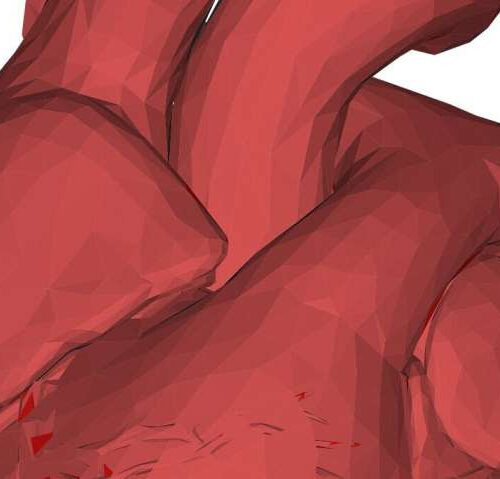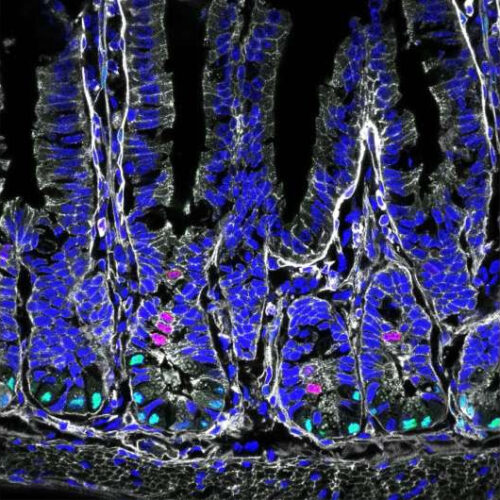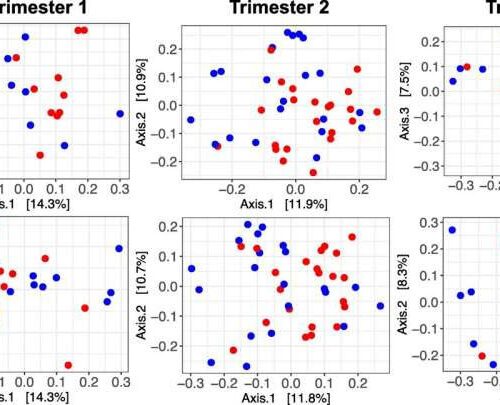by Amanda Avery, The Conversation Coldplay frontman Chris Martin has recently shared he follows Omad. Credit: Brian Friedman/ Shutterstock Celebrities have popularized all sorts of outlandish diet trends over the years. One of the latest trends among celebrities is the “one meal a day” diet (or “Omad”). Fans of Omad include Bruce Springsteen and Coldplay frontman Chris...
Tag: <span>Diet</span>
Anti-clotting pill may spare kids from frequent injections, blood tests, dietary changes
by American Heart Association Credit: CC0 Public Domain For children with rare heart conditions such as Kawasaki disease, heart failure or congenital heart defects that increase the risk of blood clots, a daily anti-clotting pill may safely allow them to avoid the frequent injections, blood tests and changes in diet and medication dosage required with...
Adjusting diet can help women through menopause
by King’s College London Credit: Unsplash/CC0 Public Domain Altering diet can reduce unfavorable health changes associated with menopause such as blood sugar control and cholesterol levels. The research, published in eBioMedicine, is from PREDICT which is the largest study of its kind and explores menopause affects day-to-day metabolism. The study involved scientists from King’s, the personalized nutrition company ZOE,...
Diet can influence mood, behavior and more—a neuroscientist explains
by Monica Dus, The Conversation What we eat matters, and having just the right amount of essential nutrients is key to our overall health. Credit: Niusha Shodja and Saina Heshmati, Storylab, CC BY-NC-ND During the long seafaring voyages of the 15th and 16th centuries, a period known as the Age of Discovery, sailors reported experiencing visions of sublime foods...
First trial to prove a diet supplement can prevent hereditary cancer
by Newcastle University Credit: CC0 Public Domain A trial in people with high hereditary risk of a wide range of cancers has shown a major preventive effect from resistant starch, found in a wide range of foods such as oats, breakfast cereal, cooked and cooled pasta or rice, peas and beans, and slightly green bananas....
New link between diet, intestinal stem cells and disease discovered
by Helmholtz Association of German Research Centres Intestinal stem cells in green, cell division in red. Credit: Helmholtz Munich / Anika Böttcher The intestine is essential for maintaining our energy balance and is a master at reacting quickly to changes in nutrition and nutrient balance. It manages to do this with the help of intestinal cells...
May be worth adopting plant based diet to ease chronic migraine severity, say doctors
by British Medical Journal Credit: Sasha Wolff/Wikipedia It may be worth adopting a plant based diet, rich in dark green leafy vegetables, to ease the symptoms of chronic migraine, suggest doctors in the online journal BMJ Case Reports. The recommendation comes after they treated a man who had endured severe migraine headaches without aura for more than...
Flavonoids Dietary ‘Powerhouses’ for Cognitive Decline Prevention
Megan Brooks Eating at least half a serving per day of foods rich in flavonoids — like strawberries, oranges, peppers, and apples — may help lower the risk of age-related cognitive decline, new research shows. Among the different types of flavonoids, flavones (found in some spices and yellow or orange fruits and vegetables) and anthocyanins...
How diet affects tumors
CAMBRIDGE, MA — In recent years, there has been some evidence that dietary interventions can help to slow the growth of tumors. A new study from MIT, which analyzed two different diets in mice, reveals how those diets affect cancer cells, and offers an explanation for why restricting calories may slow tumor growth. The study...
Dietary changes could help reduce pregnancy complications in women with type 1 diabetes
by Walter and Eliza Hall Institute of Medical Research Beta diversity analysis by T1D status. PCoA ordination plots based on Bray-Curtis distances between samples at the strain and species taxonomic levels separated by trimesters in pregnancy. T1D: women with type 1 diabetes (red); Non-T1D: women without T1D (blue). Credit: DOI: 10.1186/s40168-021-01104-y A recent study by WEHI...








